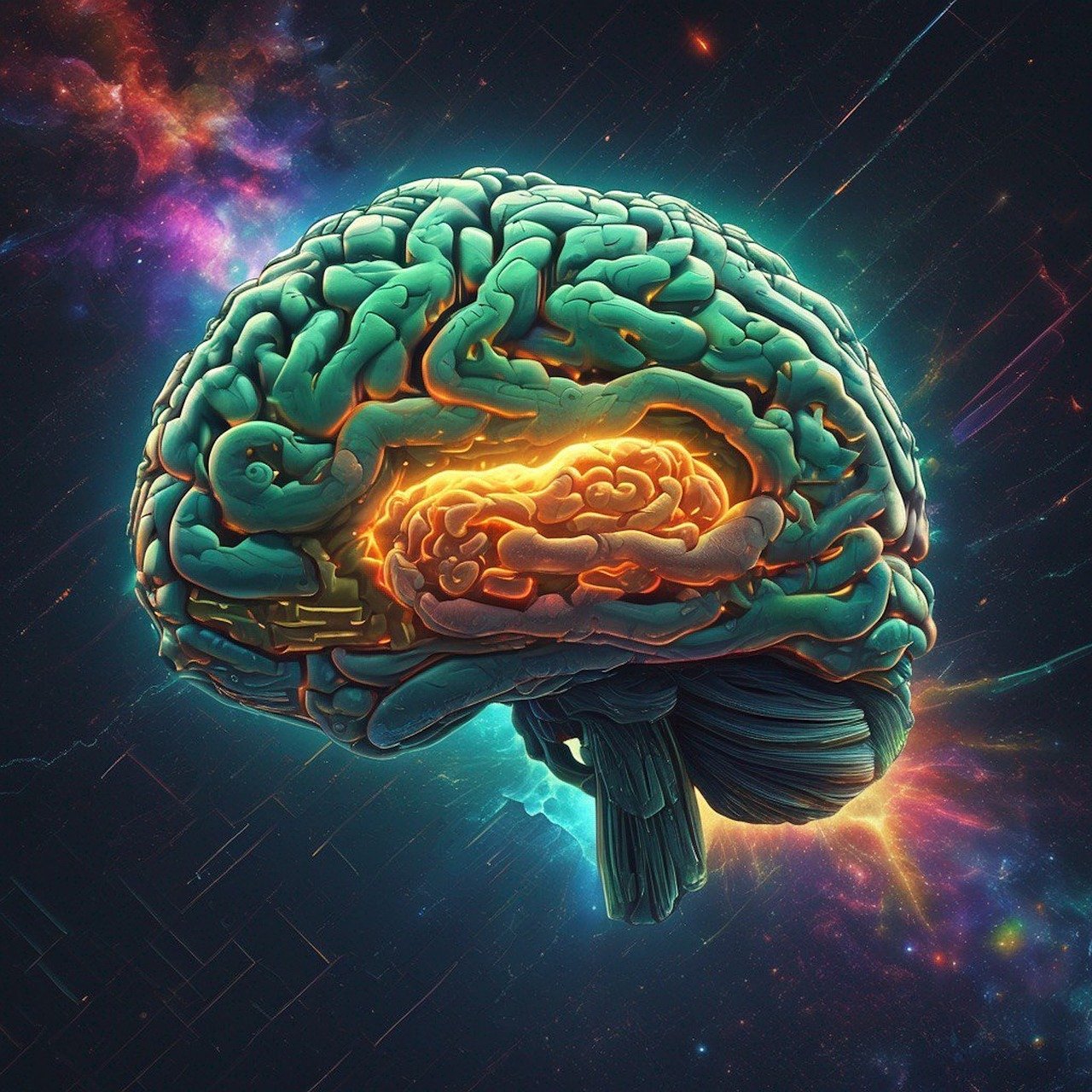Artificial Intelligence (AI) is no longer a futuristic concept; it’s a present reality that’s reshaping the world as we know it. From healthcare to finance, transportation to national security, AI’s influence is pervasive, driving innovation and efficiency. As we look to the future, the potential of AI seems boundless, promising even more transformative changes across various sectors.
The Current Impact of AI
AI’s current impact is profound and far-reaching. In healthcare, AI algorithms assist in diagnosing diseases with greater accuracy and speed than ever before. In finance, AI is used for fraud detection and to personalize banking services. Smart cities are leveraging AI to optimize traffic flow and energy use, making urban living more sustainable. The criminal justice system is also seeing changes with AI being used to predict crime hotspots and assist in investigations.
The transformative power of AI is not without its challenges. Issues such as data privacy, algorithmic bias, and ethical considerations are at the forefront of discussions about AI’s role in society. As AI systems become more integrated into daily life, ensuring they align with human values and operate transparently is crucial.
The Future of AI
Looking ahead, the future of AI is poised to be even more revolutionary. Experts predict that AI will fundamentally restructure broad swathes of our economy and society. The scientific method itself may be transformed by AI and Machine Learning (ML), accelerating discovery and innovation. AI is expected to become a pillar of foreign policy, with governments investing heavily to maintain competitiveness and security.
Consumer experiences are also set to evolve with AI’s help. The metaverse, cryptocurrencies, and other next-generation experiences will be critically enabled by AI, offering new ways for people to interact, work, and play.
Preparing for AI’s Advancements
To harness AI’s full potential while mitigating risks, several steps are recommended. Encouraging greater data access for researchers, investing in AI education and workforce development, and creating advisory committees to guide AI policy are just a few of the suggested measures.
As AI becomes more powerful and accessible, it’s essential to navigate its ethical implications responsibly. The decisions made today will shape how AI influences our future, making it imperative to approach AI development with foresight and care.
In conclusion, AI is not just revolutionizing the world; it’s setting the stage for a future where its influence extends into every corner of human existence. The opportunities are vast, but so are the responsibilities. By understanding AI’s capabilities and potential, society can steer this powerful technology towards outcomes that benefit all of humanity.








Highly energetic article, I liked that bit. Will there be a
part 2?
I think this is among the most vital information for me.
And i am glad reading your article. But wanna remark on some general things, The web site style
is ideal, the articles is really great :
D. Good job, cheers